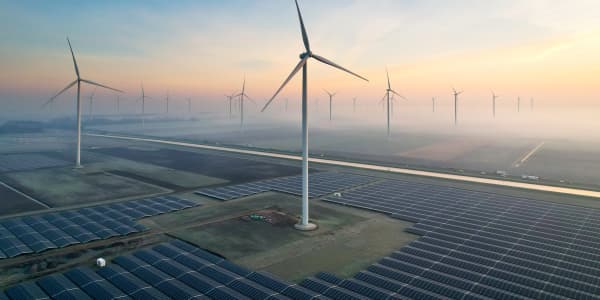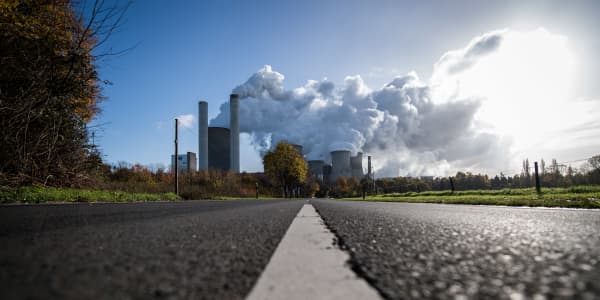From microgrids to smart homes, the way energy is produced and consumed is changing, with technology the driving force. For regulators, this rapid transformation is throwing up a series of issues.
"Regulation needs to keep up with the pace of innovation, and sometimes that's a challenge for us regulators," Andrew Burgess, from U.K. energy regulator Ofgem, told CNBC. "What we need to do is to make sure that the regulatory rules change in line with innovation."
An increasing number of homeowners are set to produce their own energy, usually via solar panels installed on their properties. And one of the big changes set to take place in the sector, as renewables become more widely used, is the increasing importance and uptake of energy storage systems.
At the beginning of February, it was announced that thousands of home solar and battery systems were set to be introduced in South Australia, creating what authorities there called the world's biggest "virtual power plant."
The scheme in Australia is being rolled out in phases. At the moment, more than 1,000 properties have been fitted with five-kilowatt solar panel systems and 13.5-kilowatt-hour Tesla Powerwall 2 batteries. The homes will not be charged for the installations, with the systems financed through the sale of electricity. The plan is for at least 50,000 homes to take part in the scheme over the next four years.
At Ofgem, Burgess described storage as an exciting opportunity to change the sector. "We see lots of opportunities for consumers to have their own storage, have their own generation and to benefit from that," he said.
There were other factors to take into account, however. "We also need to think about consumers in general and make sure that those who don't have the opportunity to have their own solar generation or own a battery don't end up paying more at the expense of those who do," Burgess said.




